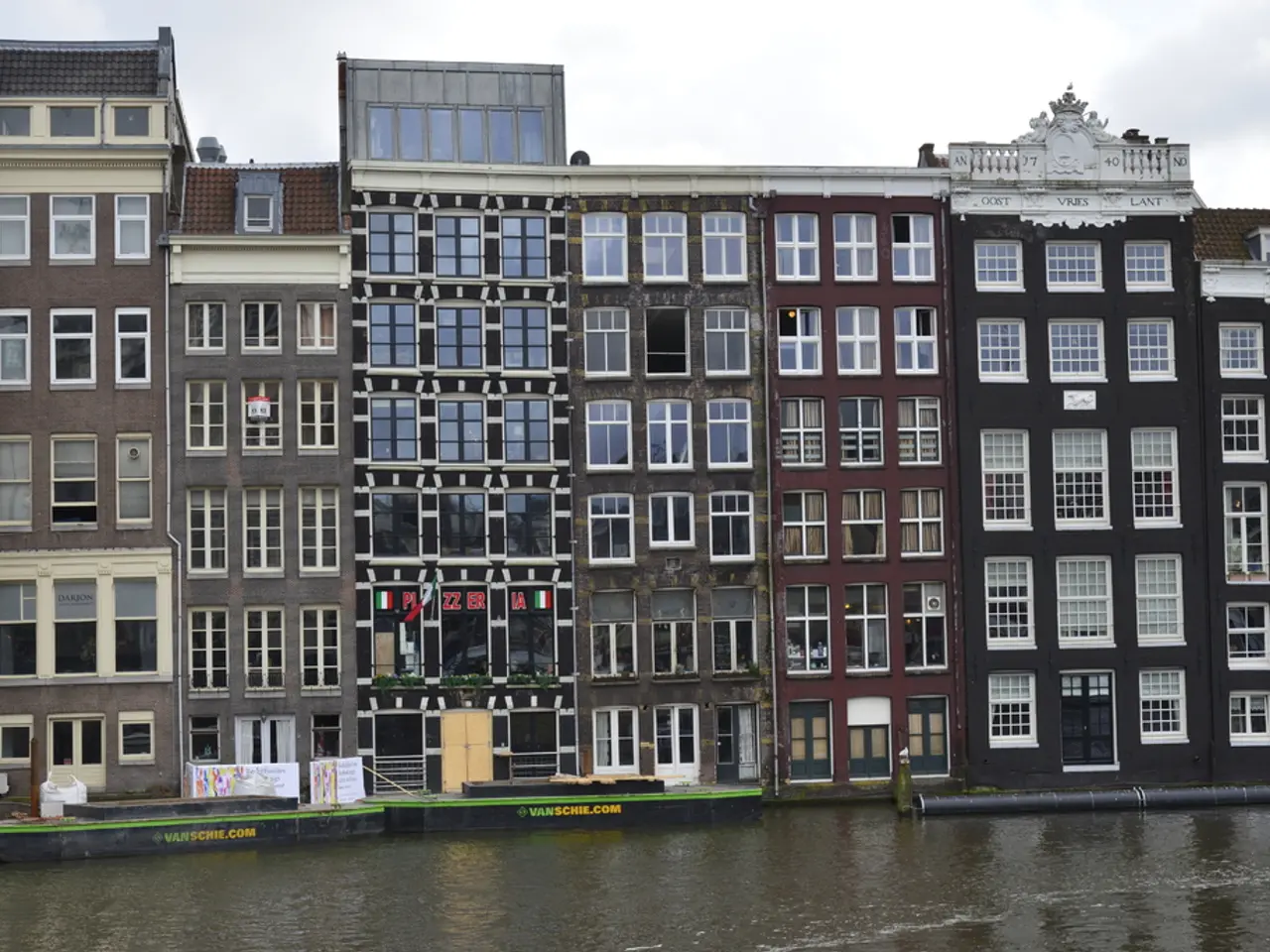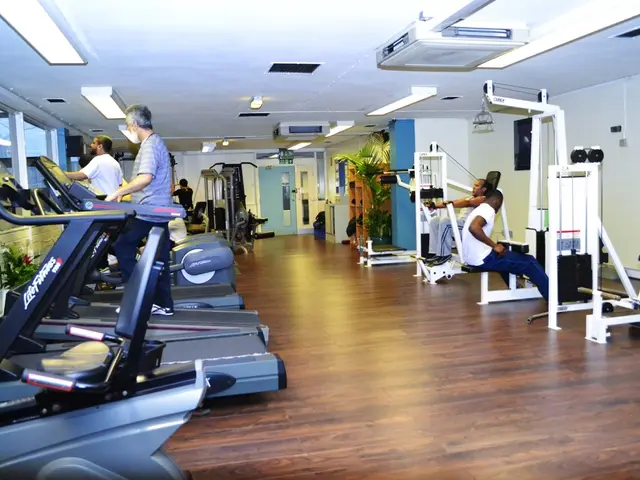Germany eschewing air conditioning - impending need for it looming
In Germany, air conditioning has long been a contentious issue, primarily due to historically low demand, high electricity prices, and cultural resistance to widespread use[1]. Only about 13-19% of German homes have air conditioning, and critical places like hospitals and schools largely lack it, partly because of concerns over energy costs and environmental impact.
However, as climate change leads to more frequent and severe heat waves in Germany, putting vulnerable populations at risk of heat-related illnesses and reducing work productivity[1], this situation might change significantly. Rising summer temperatures are softening resistance across Europe to installing AC, sparking political debates about balancing comfort, health, and energy sustainability[5].
One of the primary concerns about air conditioning in Germany is its impact on the environment. Air conditioners can increase CO2 emissions if they consume electricity from fossil fuels. Some air conditioners contain refrigerants with high global warming potential if not disposed of properly or if they leak[6]. On the other hand, the efficiency of air conditioners depends on the insulation of the room and the strength of solar radiation[2]. Architects and builders can design buildings to remain cool with little energy consumption during new construction or renovation[4].
Another option for cooling is free cooling, which uses cool water from the ground, groundwater, or a nearby body of water[7]. Green roofs and facades lower the surface temperature and act like natural insulation[8]. The operation of an air conditioner can be improved environmentally by using a photovoltaic system, particularly on hot summer days when cooling demand is high[3]. Light-colored facade paints also reflect sunlight.
Despite these environmental concerns, some people are bothered by the noise of air conditioning devices or the dry air that they produce, which can irritate the mucous membranes[1]. Too cold indoor air increases the risk of colds, and some people are skeptical about air conditioning for health reasons[1]. However, too large a temperature difference between indoors and outdoors can strain the circulatory system[2].
As Germany grapples with these issues, cities like Paris and Vienna have begun to establish "cool rooms" in public buildings for use on hot days[9]. Split air conditioners are more efficient and can often also heat, but they require fixed installation and are more expensive[6]. Mobile monoblock air conditioners are flexible but have relatively high power consumption and low efficiency[4].
In office buildings, the cooling requirement can already be as high or higher than the heating requirement today[4]. If AC adoption accelerates as it has in other regions, Germany may face increased pressure to expand AC access despite environmental trade-offs. However, climate change is altering the temperature balance in Germany, making air conditioning potentially more important in the future[1][5].
Overall, Germany’s contention over air conditioning stems from a combination of economic, cultural, and environmental considerations, but climate change is pushing toward wider acceptance and demand, requiring careful planning to manage energy transition and protect public health[1][5].
References:
- Climate Action Tracker
- Deutsche Welle
- The New York Times
- Deutsches Institut für Wirtschaftsforschung
- European Parliament
- Bundesverband Klimaschutz und Energieeffizienz
- Deutsches Institut für Luft- und Raumfahrt
- Deutsches Zentrum für Energieforschung
- Deutsche Welle
- As the concern over climate change escalates and more frequent heatwaves impact Germany, there is a growing debate in Europe about the environmental, health, and energy sustainability aspects of installing air conditioning.
- To address the environmental impact of air conditioning, architects and builders are designing buildings for energy efficiency during construction or renovation, using methods like green roofs and facades, photovoltaic systems, and light-colored facade paints.
- Despite growing acceptance of air conditioning due to climate change, some people in Germany express concerns about its noise level, dry air effects on mucous membranes, and potential negative impact on health, such as increased risk of colds or strain on the circulatory system.




